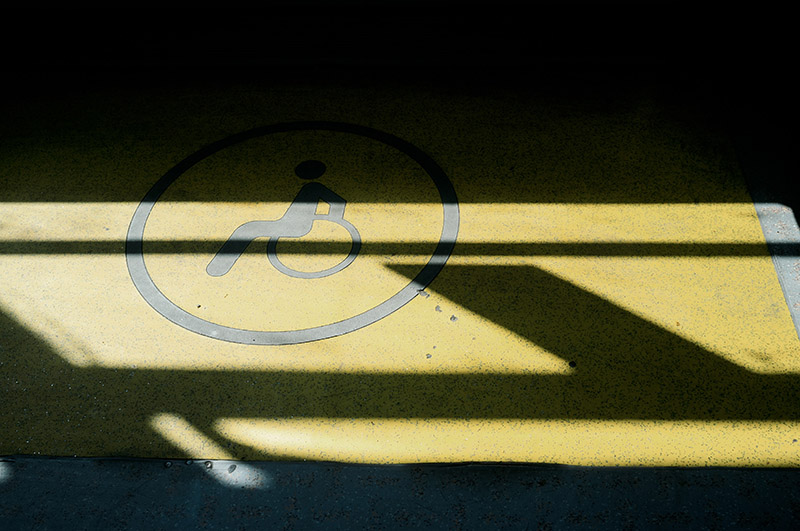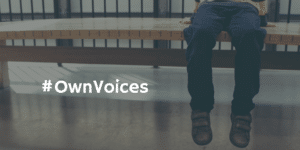- Happy Activism: A Sustainable Way to Create Change Without Burnout - February 9, 2026
- The Meaning of Critical Thinking: A Key Skill for Navigating Today’s Information Landscape - November 3, 2025
- Grandparents Can Develop Activist Grandchildren - September 29, 2025
Last Updated on October 23, 2024
Camp Jened, nicknamed “Crip Camp,” was a crucible for the formation of disability activists.
Located in the Catskills, Camp Jened supported a camp experience for people with disabilities from 1950 to 1977. At Crip Camp, they tried new things, like baseball. Most importantly, they were heard. With a focus on empowerment, everyone had a part in decisions.
Not surprisingly, those experiences were the ingredients for revolution. Now, the campers understood that the world back home was deficient compared to what they had at Camp Jened. They wanted more.
Decades later, camper Jim LeBrecht first floated the idea of a film about Camp Jened. Jim wrote and directed Crip Camp: A Disability Revolution, and President Barack Obama and Michelle Obama executive produced.
In 2020 the film won Best Documentary at the Sundance Film Festival. And now the film is up for the Best Documentary Feature Academy Award.
Crip Camp: A Disability Revolution Trailer
Duration: 2 minutes, 40 seconds
Everyone should watch Crip Camp to better understand the point of view of people with disabilities. Why? Because, as one camper says, he learned the problem is not with him, it is with people who don’t have disabilities.
The Camp Jened experience highlighted a huge disconnect. During the summer, the campers were whole, worthy human beings. By comparison, life was different at home.
For example, abled people sidelined them into special ed classes and discouraged them from trying new things. Barriers to access meant entering buildings was difficult or impossible. Abled people designed communication systems people with disabilities couldn’t use.
Sadly, they felt their world would never change. Until Crip Camp.
Crip Camp Graduates Become Activists
Camp Jened’s lovely experience made campers realize their lives could be better. That they had something to strive for. And what’s more, the power of working together.
The film features Judy Heumann, a Camp Jened counselor. She became a prominent disability activist. In 2010 she advised the State Department on international disability rights.
Because Camp Jened helped empower them, many campers showed up years later, at Judy’s call, for strikes, rallies, or sit-ins.
The 504 Sit-In
In 1977, Judy spearheaded a sit-in to support Section 504 of the Rehabilitation Act of 1973. They protested for 28 days.
Without a doubt, this was difficult. For example, many needed help with personal care. Coupled with that, some used special devices to survive. And when opponents cut power to the building and phones, they faced severe challenges.
Despite the hardships, these disability activists found fighting for their rights built their self-esteem. As a result of getting abled people to understand their experiences, they felt empowered.
“Even though 504 wasn’t strongly enforced, the sit in was of historic importance. For the first time we had concrete federal civil rights protection. We had shown ourselves and the country through network TV that we, the most hidden, impoverished, pitied group of people in the nation were capable of waging a deadly serious struggle that brought about profound social change. The sit in was a truly transforming experience the likes of which most of us had never seen before or ever saw again. Those of us with disabilities were imbued with a new sense of pride, strength, community and confidence. For the first time, many of us felt proud of who we were. And we understood that our isolation and segregation stemmed from societal policy, not from some personal defects on our part and our experiences with segregation and discrimination were not just our own personal problems .” – Kitty Cone
And this group demonstrated that people with disabilities can move beyond abled persons’ perceived limitations.
[Are you ready to start your activism journey?]
Hopes From Crip Camp Participants
Camp Jened participants hope the film will help abled people better understand the experience of people with disabilities.
“If we help people to reconsider how they see people with disabilities or on a larger scale anyone that’s not like themselves, then we’ve achieved a great, great deal.” – Jim LeBrecht
“Hopefully, some of those people will leave the film reflecting on how they have treated other disabled people, or how they may have a hidden disability that they’ve never been public about, and why that is.” – Judy Heumann
The film is fun, funny, sad, hopeful, and thought-provoking.
Please watch. Netflix started streaming it in March 2021.
READ NEXT
Judy Heumann’s 2020 book, Being Heumann: An Unrepentant Memoir of a Disability Rights Activist.
People With Disabilities Are Epic Activists
#OwnVoices: Beware a Popular Book That Needed a Sensitivity Reader





It’s important for us to know the roots of present day activism!
Yes, I enjoyed researching this camp and its impact on the campers. I hope you get a chance to watch the movie. It’s great!
I do need to watch that movie. What an amazing and effective use of activism. It’s an inspiration. Thanks for sharing.
I’d love to hear what you think of the movie, Laurie!
Pingback: People With Disabilities Are Epic Activists. But the Battle isn't Over.